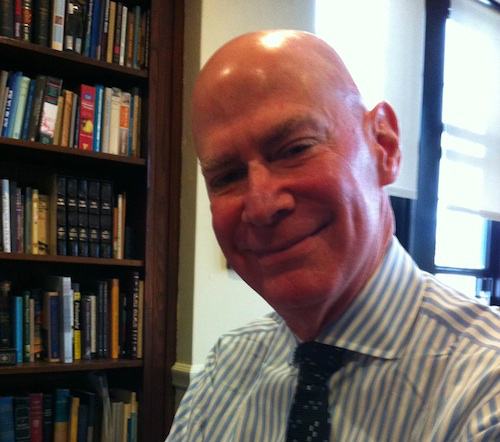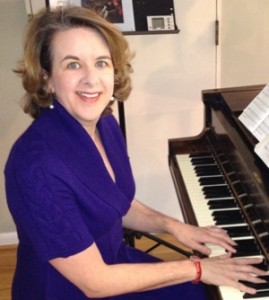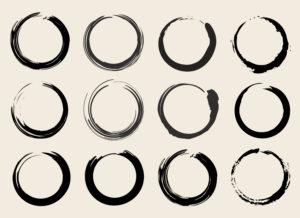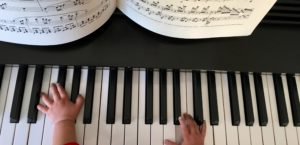Sometimes when seated at the piano–besotted with the harmonies, exalted by the rhythms–adult piano students relegate their careers to time-consuming day jobs. Their chief concern becomes finding time to practice piano. When I interviewed Dr. David Posner, the senior rabbi for Temple Emanu-El in New York City, for GRAND PIANO PASSION™, he described a creative solution.
You were hired as a rabbi by Temple Emanu-El at the age of 25, an honor for someone so young. Tell me, in the midst of all of your duties, how you went about finding time to practice piano.
In 1984, the Senior Rabbi at the time said to me, “You know, David, it would be nice if you had an earned doctorate.” He had an earned doctorate, not an honorary one. So I asked myself, should I take a doctorate in Near Eastern Studies and Semitic Linguistics? I thought about it, and I said, no, I’m going to study the piano. So I waltzed up to Teachers College, where the nicest fellow was the chairman of the department, and said I wanted to take a doctorate in music education and concentrate on piano.
How lovely!
The department chair said to me, “But Rabbi Posner, you have no formal education in piano other than having taken piano lessons for 12 years from the age of 6 to 18. Why should we take you into our program?”
“Very easy question,” I said, “because the Temple is going to pay for my tuition, in cash.”
He said to me, “You got it!” So I wasn’t going to be a burden on them.
Hah! That’s very funny, but it’s inspiring too.
It was. I sat at my desk and I did one book of theory studies on another, doing the exercises that I had never done before. My piano teacher, as I said, from the age of 6 till 18, she never really assigned to me a repertoire. My teacher, by the time I was a teenager, had me doing only sight-reading for two hours a day, God bless her!
She didn’t assign any repertoire?
Right. She just wanted to know what I was playing, maybe she’d hear something, but generally, it was sight-reading, usually from the song repertoire, Schumann songs, Brahms, the Church hymnal books that she used to have. She was also the organist at my synagogue.
Wow. As a result, you must be a very strong sight-reader.
I used to be. I don’t know how I am now, actually, because any pieces that I am now playing are ones that I have heard for years, so it’s almost cheating in a way.
Back to your degree. Do you feel that all of the theory that you learned during your doctoral studies aided your pianism?
Oh, definitely. No doubt. When I’d come across, for example, an augmented sixth, I could recognize it in the music. I enjoyed my studies, and the study really encouraged me and made me understand music better.
Congratulations! I knew from your title, Dr. David Posner, that you have a PhD, but I didn’t know it was in piano education.
It all worked out. I qualified for all of the examinations, and I had a great time.






0 Comments